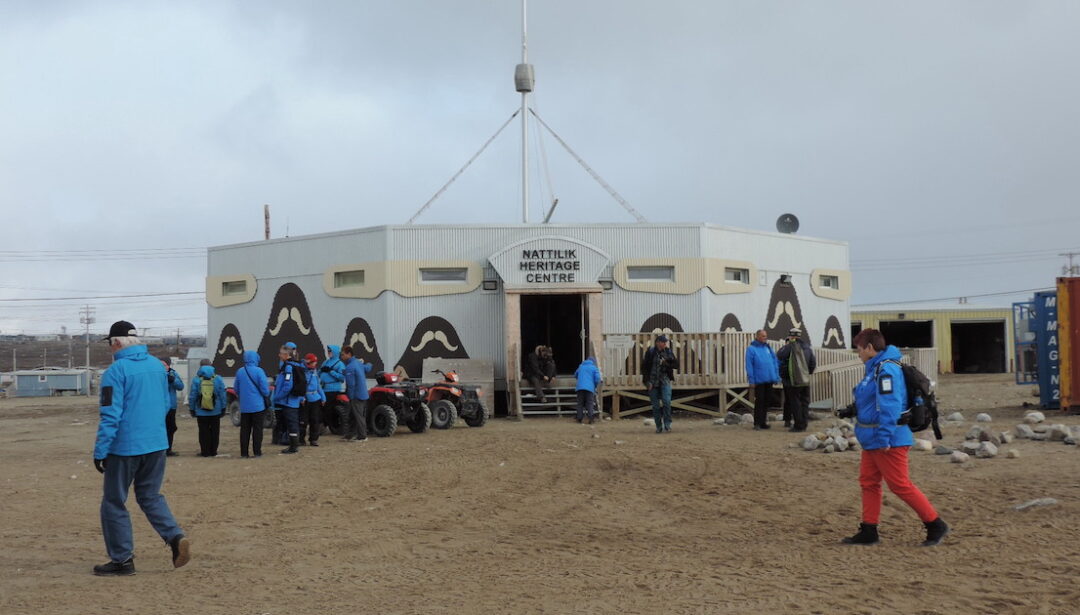
Four Inuit-led clean energy projects in Nunavut and one each in Nunavik and Newfoundland and Labrador, as well as three in the Northwestern Territories, are among 14 projects that have been selected to receive C$1.6 million (€1.19 million) each in federal funding as part of a programme aimed at helping off-grid indigenous communities phase out diesel fuel.
The projects were submitted as part of the Indigenous Off-diesel Initiative. Launched in 2019, the three-year, C$20 million initiative supports communities looking to implement clean-energy projects by providing training, access to expertise and financial resources that will help reduce reliance of diesel.
The winning projects include:
Northwest Territories:
- Deline: installation of a 15 kW solar array on the rooftop of the community arena and identifying additional sites within the community for residential solar PV installations and a front-end engineering design (FEED) study for a hydrokinetic project near the mouth of the Great Bear River;
expected results: reduction of 10,000 litres of diesel / year from solar and a reduction of 780,000 litres of diesel / year from solar and hydro - Aklavik and Inuvik: addition of up to 150 kW PV capacity in Aklavik, support for installation of a grid-connected 1 MW solar PV project in Inuvik, improved air quality;
expected results: access to training and employment opportunities, indigenous energy sovereignty, reduced greenhouse gas emissions; displacement of 1,778 MWh of fossil fuel electricity / year, establishment of a model for sustainable development - Fort McPherson: home retrofits and renovations for energy efficiency; energy literacy training; heat recovery to expand the use of waste heat from other buildings; solar PV feasibility studies; a net-zero building and community sustainability initiative to enhance energy conservation and food security;
expected results: reduced use of fossil fuels, healthier environment for future generations; anticipated energy savings of 1,014 MWh / year, reduced diesel fuel consumption of 250,000 / year
Nunavut
- Gjoa Haven: clean-energy implementation — energy-efficient measures in homes, implementation of solar PV on cabins on the land, promoting heat-pump dryers and other energy-efficient appliances, a renewable-energy powered community freezer, wind and solar-powered community greenhouses, a wind-energy feasibility study, district heating, installing solar panels, energy-efficiency education and research;
expected results: reduction of diesel consumption of 141,379 litres / year - Baker Lake: high-performance residential and commercial buildings — installation of roof-top solar PV;
expected results: demonstrate benefits of constructing high-performance buildings in extreme Arctic environments and address challenges associated with rising construction, operation, and maintenance costs by combining proven building science and design principles with advanced building materials - Kugaaruk: community-wide residential retrofit programme promoting installation of small-scale PV systems, installation of solar PV on community buildings;
expected results: job creation, economic activity, reduced diesel consumption of 56,500 litres / year, savings of C$95,000 / year - Coral Harbour and Nujaat: solar and energy-storage project — involves two utility-scale solar and energy storage projects in the communities of Coral Harbour and Naujaat and a LED-lighting campaign, a building and audit retrofit programme and a biomass pilot project;
expected results: diesel reduction of 360,000 litres / year (Coral Harbour) and 390,000 litres / year (Naujaat)
Nunavik
- Kuujjuaq: diesel reduction: multiple community projects, including roof-top solar and geo-thermal heating , as well as a feasibility study to assess the potential of additional community-scale green-energy projects, installation of two electric-vehicle charging stations and installing solar-powered energy systems for cabins;
expected results: significant reduction of diesel use and operating costs
Newfoundland and Labrador
- Nain, Hopedale, Postville, Makkovik and Rigolet: clean-energy products, capacity-building opportunities, net-metering projects;
expected results: energy eduction and engagement, long-term decision-making
The Impact Canada Indigenous Off-diesel Initiative is aimed at generating new opportunities through training and capacity building, community energy planning and the implementation of clean-energy and energy-efficiency projects.
“Local leadership is the key to building a clean and resilient future,” Yvonne Jones, the parliamentary secretary to the natural-resources minister and the northern-affairs minister, said. “These [projects] are all leaders in their communities, and I commend them for their work.”
Source: Natural Resources Canada
More about this topic





